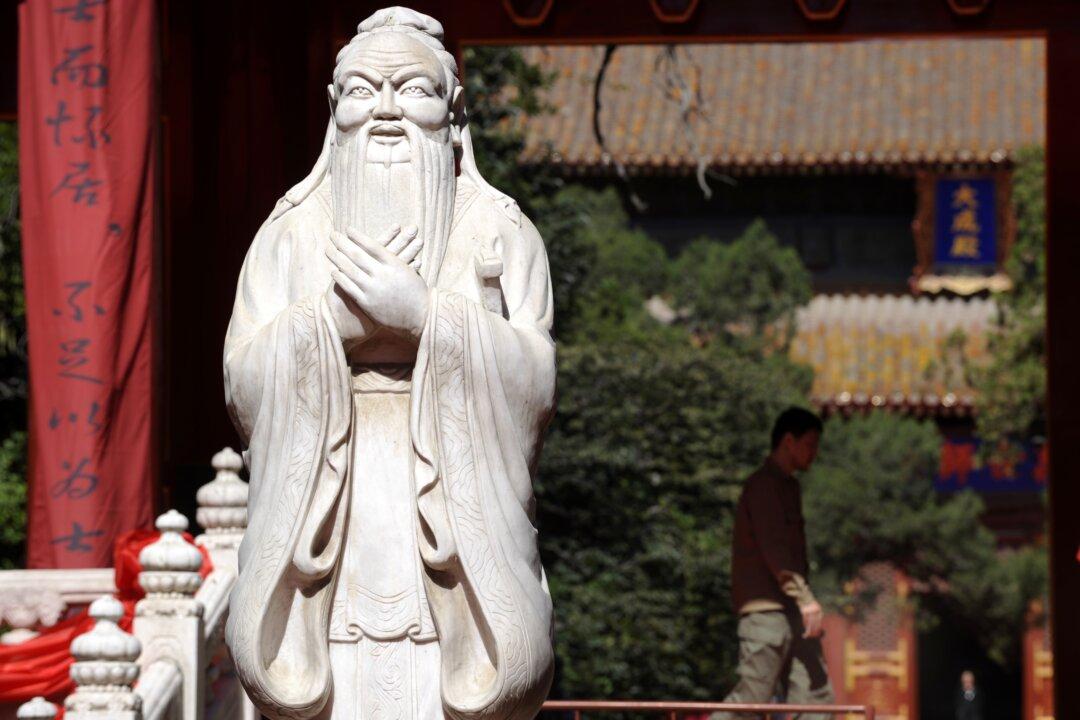“Tell your students about China’s high-speed railway. Describe to them how fast, convenient, and advanced it is.”
“Don’t discuss Taiwan and Tibet with your students. If they ask, say there is only one China, and Taiwan is part of China. If they ask more, try to change the subject.”




